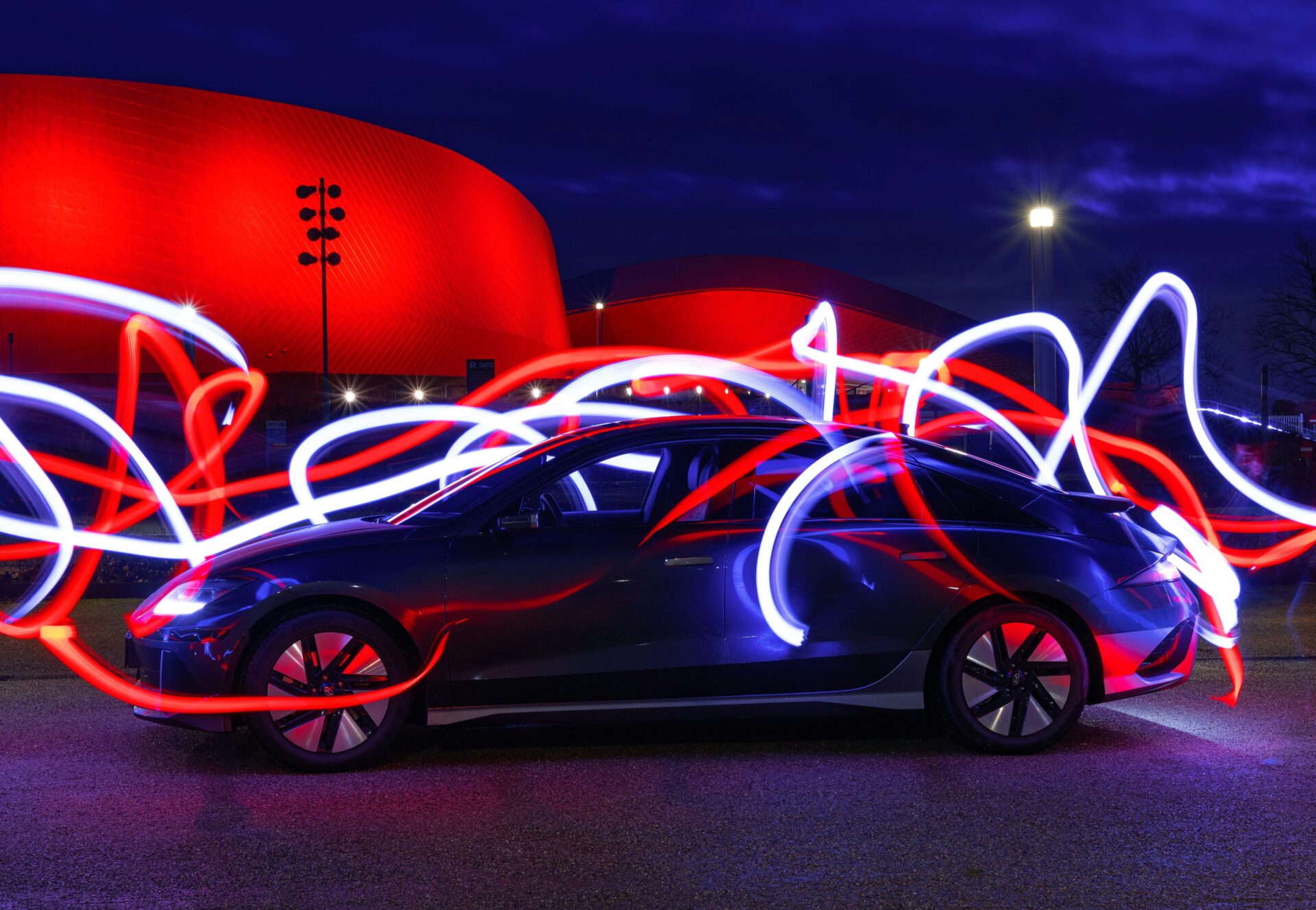The Rise of Vietnam’s EV Industry: A Sustainable Future in the Making

目次
1. The Current State of Vietnam’s EV Industry
Vietnam’s rapid economic growth and urbanization have led to increased demand for transportation. However, this has also resulted in significant challenges such as air pollution and traffic congestion in urban areas, highlighting the need for sustainable transportation solutions. One of the key industries being promoted as a solution is the electric vehicle (EV) industry.
EVs are seen as an environmentally friendly alternative that can reduce carbon emissions and alleviate noise pollution in cities. While Vietnam’s EV industry is still in its early stages, it has experienced rapid growth in recent years, thanks to government policies and the emergence of local companies like VinFast. VinFast’s rise has drawn considerable attention to the EV market in Vietnam.
2. The Emergence and Impact of VinFast
VinFast, a Vietnamese automobile manufacturer, is recognized as a pioneer in the country’s electric vehicle market. Established in 2017, VinFast quickly gained prominence by contributing significantly to the adoption of EVs in Vietnam. In 2021, VinFast launched the VF e34, the country’s first locally produced electric vehicle.
The VF e34 is not only environmentally friendly but also competitively priced, making it accessible to the general public. Additionally, VinFast is actively working on expanding the charging infrastructure, with plans to install charging stations in major cities across Vietnam.
VinFast’s success has been a major milestone for Vietnam’s EV industry, and further technological advancements are expected to boost both domestic and international competitiveness.
3. Government Support and Efforts for EV Adoption
The Vietnamese government is actively promoting the EV industry to balance environmental protection with economic growth. Various incentives have been introduced to accelerate the adoption of electric vehicles. These include tax reductions for EV purchases and subsidies for the expansion of charging infrastructure.
Vietnam is also committed to reducing carbon emissions as part of its Paris Agreement goals, with EV adoption being a critical component of this strategy. In urban areas, where traffic congestion and air pollution are severe, the shift from gasoline-powered vehicles to electric vehicles is gaining momentum and will likely become even more important in the coming years.
4. Social and Economic Impact of the EV Industry
The development of Vietnam’s EV industry brings not only environmental benefits but also social and economic advantages.
1. Job Creation
As the EV industry grows, job opportunities in manufacturing and related sectors are increasing. The demand for skilled labor in technology and engineering is rising, creating new employment opportunities across the country. Additionally, the need for infrastructure development and technological advancements is generating further job growth.
2. Technological Innovation
The development of electric vehicles is driving innovation in battery technology, renewable energy, and other fields. Vietnamese engineers and technicians now have the opportunity to align with global technological trends, enhancing the country’s competitiveness in the international market.
3. Health Improvements
Reduced air pollution from a decrease in gasoline-powered vehicles is expected to improve the health of urban residents. Lower emissions can reduce the risk of respiratory diseases, contributing to a higher quality of life for people living in major cities.
5. The Future and Challenges of Vietnam’s EV Market
While Vietnam’s EV market is growing rapidly, several challenges remain.
1. Charging Infrastructure Development
A well-developed charging infrastructure is essential for the widespread adoption of electric vehicles. While urban areas are seeing progress, many rural regions still lack adequate charging facilities. To address this issue, both the government and private companies need to collaborate to expand infrastructure.
2. Consumer Awareness
Although EVs are an environmentally friendly option, gasoline-powered vehicles still hold strong consumer trust. It will take time for EV adoption to become more widespread. Public awareness campaigns and marketing that emphasize the convenience and benefits of EVs will play a crucial role in accelerating adoption.
3. Ongoing Technological Advancements
The EV market is highly competitive and driven by technological innovation. Vietnamese EV manufacturers must continue to focus on improving battery technology and charging speed to maintain their international competitiveness.
6. Conclusion
Vietnam’s EV industry is rapidly evolving, playing a crucial role in building a more environmentally sustainable future. With companies like VinFast leading the charge and government support driving policy changes, the adoption of electric vehicles is set to grow even further. However, challenges such as the expansion of charging infrastructure and increasing consumer awareness still need to be addressed. As Vietnam’s EV industry continues to develop, it has the potential to become a model for sustainable transportation, balancing environmental protection with economic growth both domestically and internationally.
(Photo by Unsplash.com)



